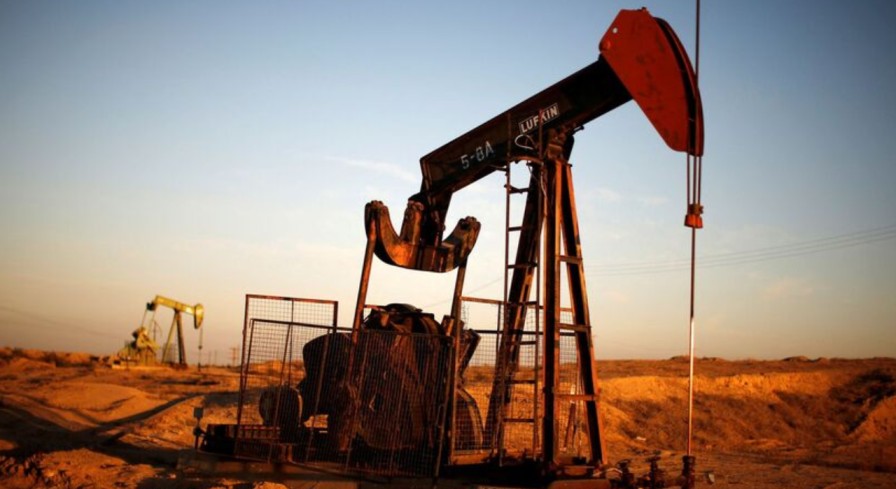India–US Trade Tensions Rise Over Steel and Auto Tariffs NMDC Limited reports a 38% drop in Q4 FY24 consolidated net profit RINL to Raise $23 Million Through Land Sales Amid Crisis

The Indian government has declared a surge in windfall tax on petroleum crude from ₹6,800 to ₹9,600 per metric tonne. On April 16, this change will take effect, as part of the government's fortnightly revision of the tax. However, diesel and aviation turbine fuel will remain unaffected and will continue to have a zero windfall tax rate.
On April 4, the government raised the windfall tax on petroleum crude from ₹4,900 to ₹6,800 per metric tonne. The tax was initially introduced in July 2022 to regulate private refiners who were exporting fuel overseas to benefit from higher refining margins instead of selling it locally.
Before this, on March 15, 2024, the Finance Ministry increased the windfall tax on the sale of crude oil produced domestically to ₹4,900 per tonne. This was an increase from the previous special additional excise duty (SAED) of ₹4,600 per tonne that was in effect for the previous two weeks.
In July 2022, the Indian government introduced a windfall tax that targeted crude oil producers. Later, this tax was expanded to include gasoline, diesel, and aviation turbine fuel (ATF) exports. The primary objective of this policy is to discourage private refiners from selling these fuels abroad at higher global prices and instead prioritise the domestic market supply. The windfall tax rate is adjusted by the government every two weeks.
This increase in windfall tax on petroleum crude is aimed at ensuring that private refiners do not prioritize exports over the domestic market.
Also Read : GST rate rationalisation likely to take place after Lok Sabha polls: FinMin official SC reserves its ruling on whether royalty payable on minerals is taxable